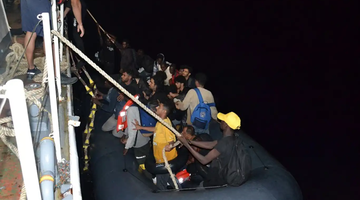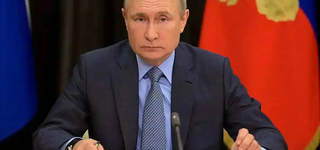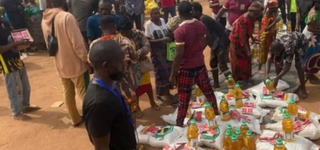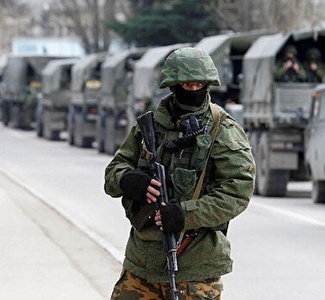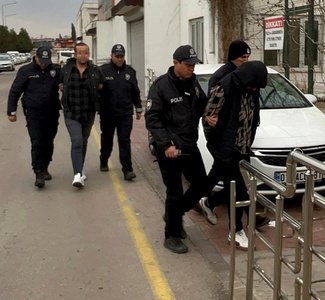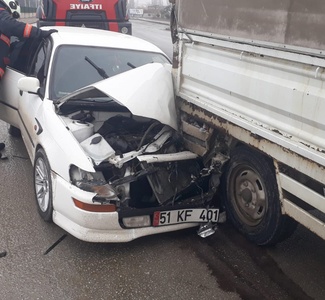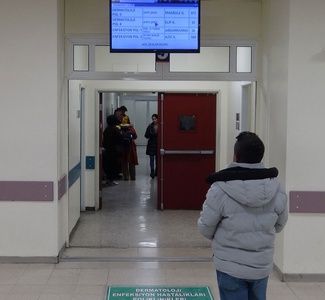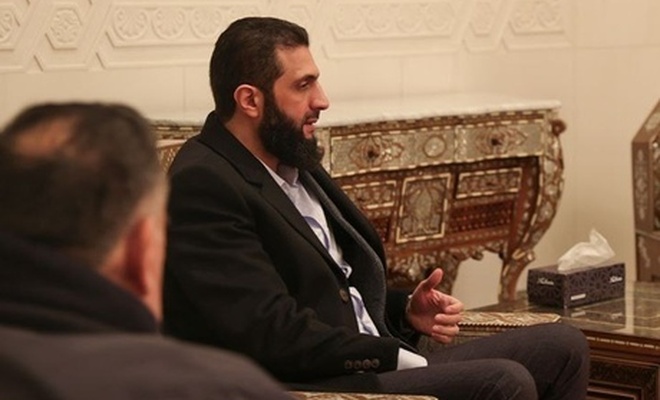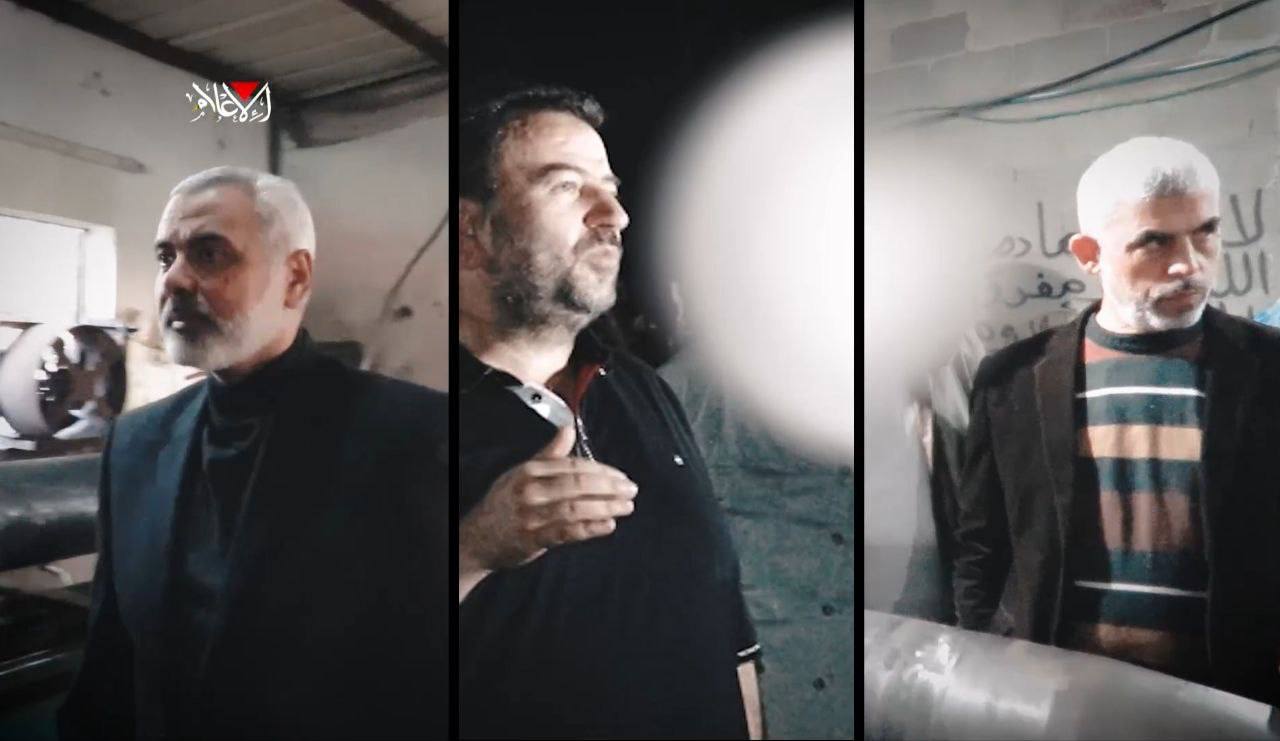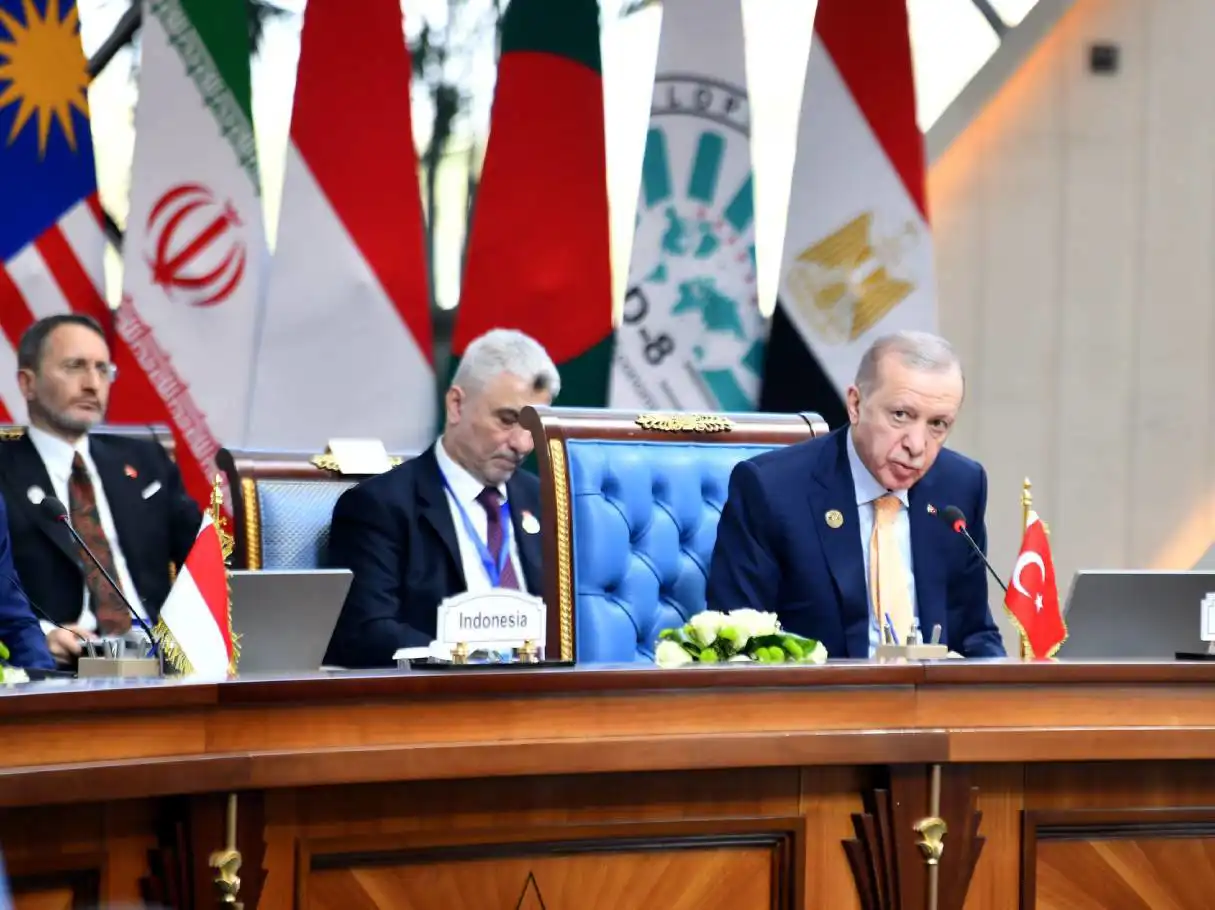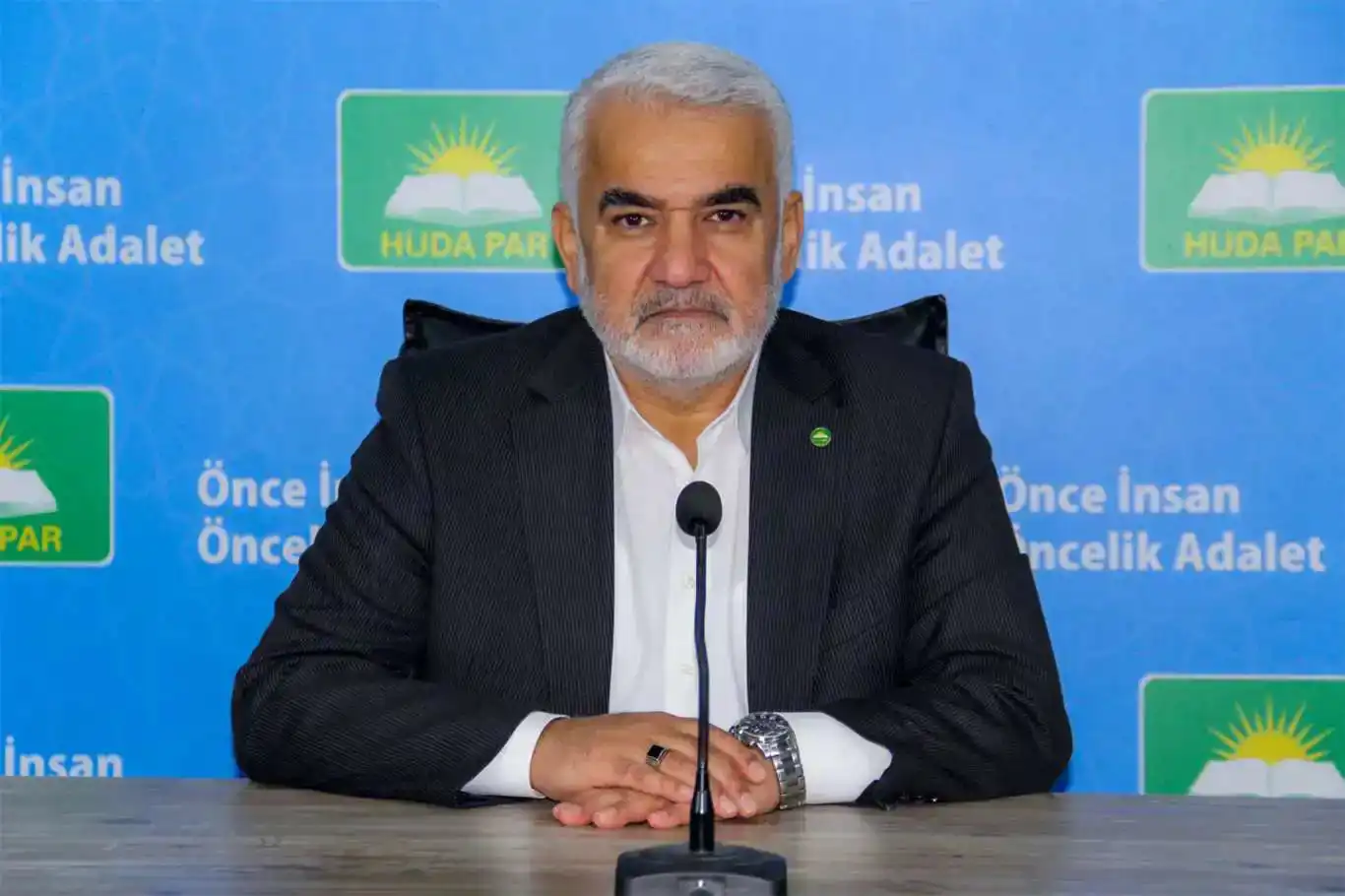Bulgaria faces political stalemate after parliamentary elections
Bulgaria’s recent parliamentary elections have left the country in a familiar political stalemate, with former Prime Minister Boyko Borisov's GERB party securing the most votes but falling short of a majority.
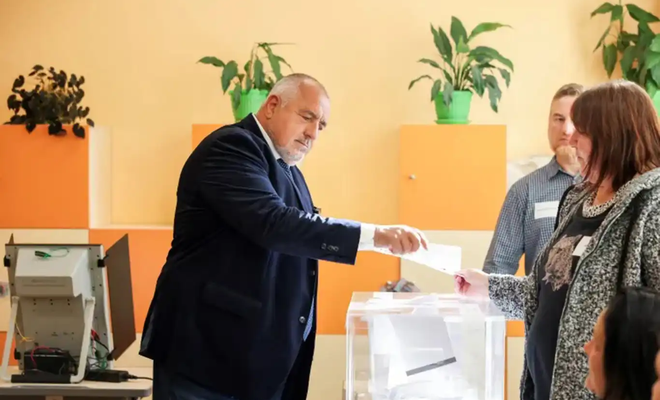
 Google News'te Doğruhaber'e abone olun.
Google News'te Doğruhaber'e abone olun. Despite five wins in the last seven elections since 2021, Borisov's center-right GERB has repeatedly failed to form a coalition.
Borisov, who has served as prime minister three times since 2009, now needs the backing of at least half of the deputies in Bulgaria's 240-seat National Assembly. Forming a majority coalition would require the support of three or four other parties, a complex task given the deeply divided political landscape.
While Borisov has ruled out working with the pro-Kremlin, far-right Revival party, which came in third with 13% of the vote, he expressed a willingness to collaborate with "anyone who supports our program."
A major factor in the coalition discussions is media mogul Delyan Peevski, whose alleged corruption and influence in Bulgarian politics have been widely criticized. Peevski, sanctioned by the U.S. and U.K. for corruption, holds significant sway over public opinion and, as some politicians claim, over Bulgaria’s political and judicial systems. His connection to GERB has been a point of contention, with the reformist We Continue the Change-Democratic Bulgaria (PP-DB) coalition — which finished second with 14% of the vote — insisting they will not support GERB if Peevski remains influential in any future administration.
Borisov's ties to Peevski have led to allegations that Peevski de facto controls GERB through mutual business interests and influence over Bulgaria’s Prosecutor-General’s Office. In the past, legal cases against Borisov were closed, and he has received immunity from prosecution — adding to suspicions about Peevski's power within the government.
The ongoing political deadlock has severely impacted Bulgaria's progress on key EU initiatives, including euro adoption and integration into the Schengen Area. EU funding has stalled, with the bloc waiting on Bulgaria to implement anti-corruption reforms — measures that have consistently faced opposition.
PP-DB’s reform efforts have hit consistent roadblocks, frustrating voters and leaving Bulgaria in a state of political limbo. The impasse has also weakened public faith in Bulgaria’s democratic process, although early reports indicate voter turnout in October’s election may slightly surpass the 34% turnout from June.
Despite the rise of smaller pro-Russian parties, support for EU and NATO membership remains solid among Bulgaria’s major parties. The top two parties, GERB and PP-DB, are both pro-Western, indicating that Bulgaria’s international course will likely remain aligned with the EU and NATO.
With Borisov at a crossroads between appeasing reformist demands to cut ties with Peevski or working alongside smaller parties that also resist Peevski's influence, Bulgaria’s political path forward remains uncertain. The ongoing impasse continues to hinder Bulgaria’s EU integration and reform agenda, leaving the nation at a pivotal juncture as it navigates its internal divisions and external alliances. (ILKHA)





























